Les infrastructures défaillantes et le coût élevé de l'accès à Internet en Afrique constituent des obstacles majeurs à la connectivité, en particulier dans les zones rurales. Ces défis, combinés à des facteurs économiques et sociaux, limitent considérablement l'utilisation du web sur le continent.
Insufficient digital infrastructure
Africa suffers from a significant deficit in telecommunications infrastructure. Fiber optic coverage is limited, and fourth-generation (4G) mobile networks are not evenly deployed—particularly in rural regions. This results in unstable connectivity and slow browsing speeds, discouraging regular Internet use.
Limited access to electricity
Electricity is a fundamental prerequisite for Internet use. Around 600 million people in Sub-Saharan Africa lack access to electricity, representing nearly half of the region’s population. This lack of energy not only prevents the charging of electronic devices but also hinders the operation of telecommunications infrastructure. Companies like Easy Solar and Altech are developing solar solutions to address this gap, but additional investment is needed to achieve adequate energy coverage.

High cost of internet services and devices
Internet services in Africa are among the most expensive in the world relative to average income. For instance, the average cost of one gigabyte of mobile data represents a significant portion of monthly income in many African countries, often exceeding the 2% affordability threshold recommended by theUnion internationale des télécommunication . Moreover, the cost of devices such as smartphones and computers remains prohibitive for a large portion of the population.
Social and geographic inequalities
Disparities between urban and rural areas, as well as among different social groups, further deepen the digital divide. Rural areas are often the last to receive infrastructure investments, and low-income populations have fewer resources to access Internet services and the necessary devices.
Lack of relevant local content
Online content available in Africa often lacks relevance to local realities, both linguistically and culturally. This absence of localized content limits the usefulness and appeal of the Internet for many people, reducing their motivation to get online.
Conclusion
En conclusion, pour améliorer l'accès au web en Afrique, il est essentiel de surmonter les défis liés aux infrastructures défaillantes et au coût élevé des services. Cela nécessite des investissements ciblés dans les infrastructures de télécommunications et l'énergie, des politiques visant à réduire le coût des services Internet et des équipements, ainsi que la promotion de contenus locaux pertinents pour encourager l'utilisation d'Internet par l'ensemble de la population.
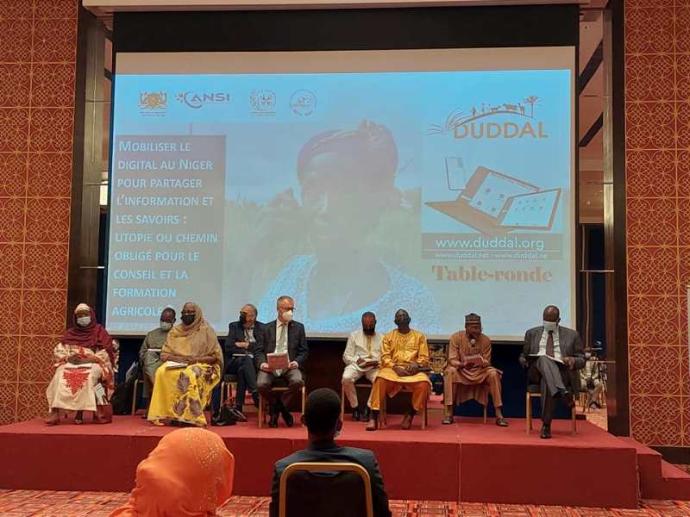 Duddal
Duddal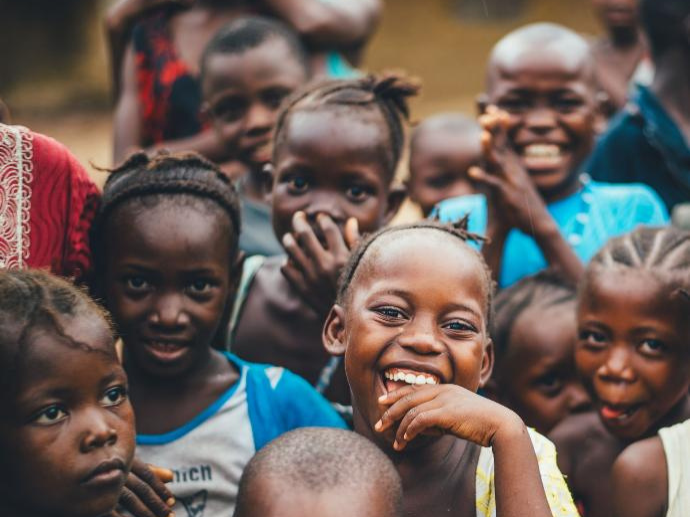 SOS Village d'Enfants Niger
SOS Village d'Enfants Niger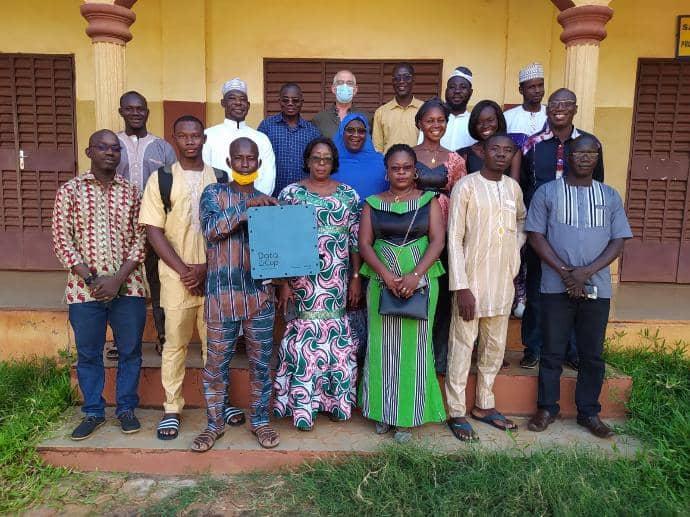

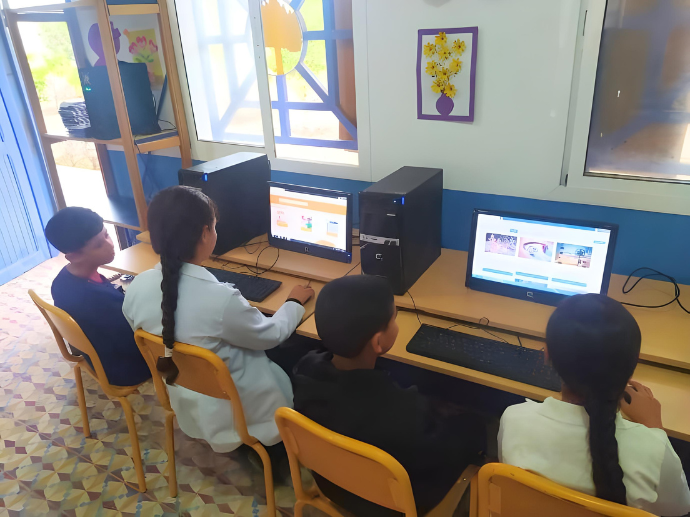
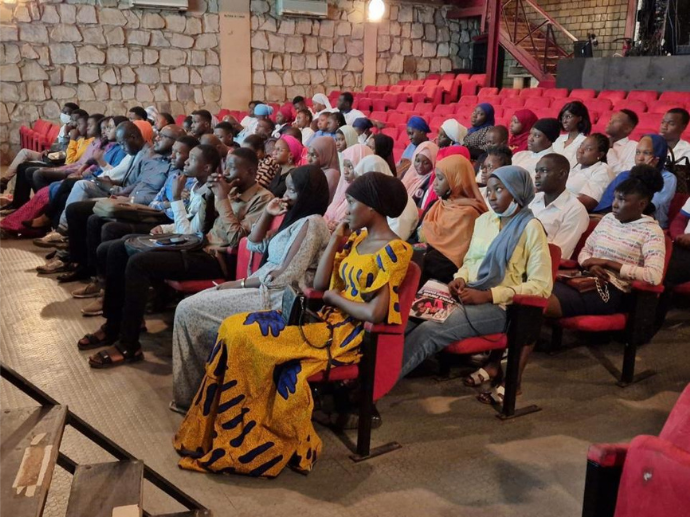
How Do Poor Infrastructure and High Costs Limit Access to the Web?